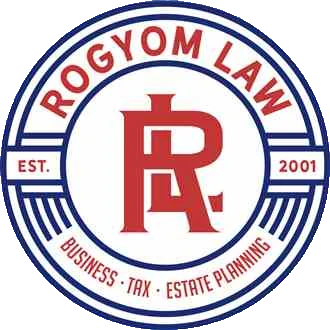Many companies discover they did not file required state tax returns, but they do not know how to address the issue. States understand that taxpayers often do not uncover income tax or sales tax filing obligations until a potentially large tax bill makes coming forward difficult, if not impossible. Most states provide voluntary disclosure programs to bring these reluctant, but otherwise law-abiding, taxpayers back into the flock. The voluntary disclosure programs forgive all but the most recent tax years and reduce or eliminate penalties and interest.
Programs in General
Voluntary disclosure programs differ from tax amnesties. States continually offer voluntary disclosure programs, in contrast to tax amnesty programs which states only occasionally offer to both non-filers and tax debtors. Generally, voluntary disclosure programs only enroll non-filing taxpayer who are new to, or reentering, the state’s tax system. States will not allow enrollment if the state already contacted the taxpayer for audit, though some states do not consider a nexus questionnaire to be a contact. Voluntary disclosure benefits the company by limiting the number of back tax years or periods to be filed, typically three or four years, and the state often eliminates the company’s penalties and may reduce the interest.
States allow voluntary disclosures for many different taxes, including sales taxes. But sales taxes that have been collected and not remitted may not qualify for the program. Some states do not automatically limit criminal penalties for collected but not remitted sales taxes, and, if relevant, the agreement should address this issue.
The Process
Companies should remain completely anonymous throughout negotiations. Therefore, using a third-party to assist your company, such as a tax attorney or tax consultant, is essential. Don’t assume a state’s tax administrator will refrain from using the information you provide, staff names accidentally revealed, caller-ID, or Google to identify your company, especially if your company walks away from the state’s offer. And, the quality of the state’s offer to an identified taxpayer could be affected.
The states generally allow the taxpayer’s advocate to draft the initial agreement. Some states provide application forms while others will request certain information. The agreement should be drafted by a professional who knows how to limit every means by which a state can work around a poorly drafted document. Typically the requested information includes: a description of the company’s activities in the state, when the company first began its activities in the state, whether the company has collected sales tax, whether the state has ever contacted the company, whether the company is registered with the state or filing for other taxes, and why the company never filed in the past.
Additional Benefits
The states will likely request the company register with the state and continue filing for a certain period. But this could provide an opportunity for the company to request a managed compliance or effective rate agreement. The company likely performed a self-audit for the voluntary disclosure request, so the company may be a step away from automating their compliance with the state.
Your company’s overall tax situation may have changed by filing in new states. The company’s tax consultant may perform a review of the company’s overall tax exposure and suggest a tax minimization strategy. With effective planning the company’s aggregate tax expense may actually be reduced by sourcing income to the proper states. Further, because the income tax returns have been filed and back years eliminated, the company may also eliminate substantial liabilities it may have booked for FIN 48 purposes, as the company’s uncertain tax positions are now certain.
Conclusion
Tax administrators have become more aggressive in locating non-filing companies. States now share information and utilize sophisticated data systems in their hunt. Voluntary disclosure offers an excellent opportunity to reduce your company’s exposure to tax risks and to go forward knowing your first contact with a state will not be a surprise visit to your company’s office by a state auditor. Filing voluntary disclosures and working with an experienced state & local tax attorney can turn a short-term burden into a long-term benefit.
For further information please contact Jeff Rogyom at (410) 929-4578. Please review the Disclaimer page regarding use of this website and its information.

